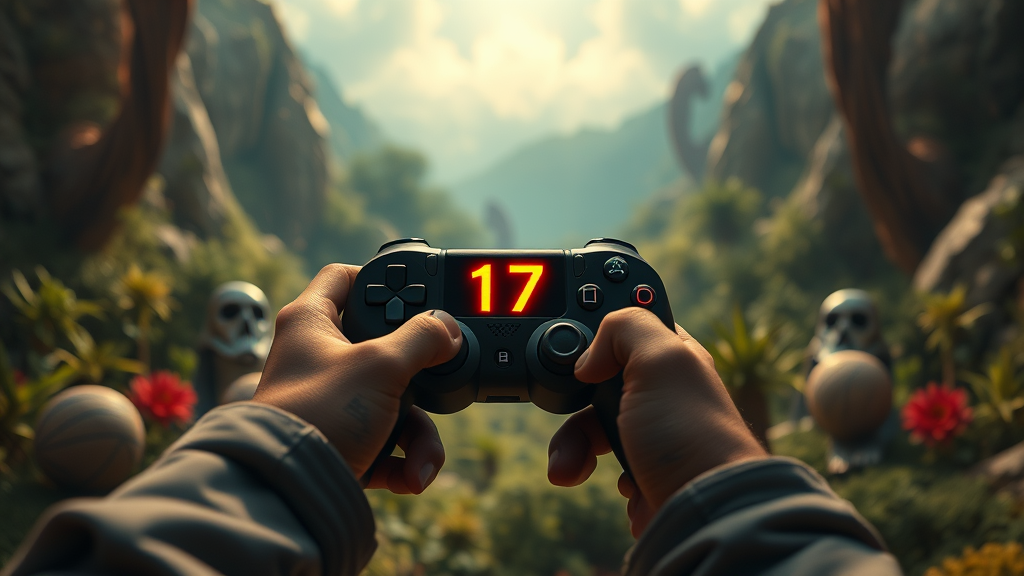Curing Loneliness With AI companions
Let's have an honest conversation about something that's been on my mind lately – the intersection of AI companionship and human connection in the world.
The Modern Loneliness Epidemic
I've been observing a fascinating shift in how people are dealing with loneliness. With the rise of AI companions like Replika and ChatGPT, more individuals are turning to artificial intelligence for emotional support. But here's what really gets me thinking – are we addressing the root cause, or are we simply putting a "digital Band-Aid" on a deeper human need?
 The Comfort Trap
The Comfort Trap
Let me be real with you for a second. There's something seductively comfortable about AI companionship:
- They're available 24/7
- They never judge
- They remember everything about you
- They're programmed to be consistently supportive
Come on - this is what everyone is essential looking for. This gives us a sense of comfortability.
But here's where it gets tricky – this comfort can become a trap.
The Hidden Cost of Digital Connections
As we become more reliant on digital interactions, our ability to navigate real-world relationships might actually be deteriorating. Think about it – when was the last time you:
- Had a deep conversation with someone face-to-face?
- Felt truly vulnerable with another person?
- Worked through a disagreement in real-time?
These are things that do not come naturally to most people, and require a certain emotional intelligence level for you to deal with.
The Opportunity in AI Companionship
Now, don't get me wrong – I'm not at all "anti-AI companionship".
In fact, I believe it can serve as an incredibly powerful tool when used intentionally:
- Practice social skills in a safe environment.
- Work through thoughts and feelings.
- Develop better self-awareness.
- Access emotional support during off-hours.
- Bouncing off ideas
- Incredible work assistants
But here's the key – it should be a bridge, not a destination.
If you know me by know, you know that I am a practical guy.
Let me share a practical approach to using AI companionship as a stepping stone to deeper human connections:
- Use AI to Practice
- Test out conversation starters
- Work through social anxiety
- Rehearse difficult discussions
- Limit AI interaction times
- Keep a healthy balance with real-world activities
- Be honest with yourself about dependency
- Join local interest groups
- Attend community events
- Reach out to old friends
- Take classes or workshops
- Start small with brief interactions
- Graduate to deeper conversations
- Be willing to experience discomfort
- Allow real relationships to develop naturally
The Path Forward
Here's the truth – AI can be an incredible tool for personal growth and temporary support, but it shouldn't be our only source of connection. Think of it like training wheels – helpful for building confidence, but not meant to be permanent.
The goal should be to:
- Enhance our social skills
- Build confidence
- Learn about ourselves
- Then apply these lessons in the real world.
Here's a list of AI tools Ive created for you that will help you with all of the the above.
Your path to meaningful connection starts with understanding that loneliness isn't solved through technology alone – it's addressed through genuine human interaction, even when it's challenging.
Start your journey from digital to real-world connections... The first step is acknowledging where you are and deciding where you want to be.
Your friend in the digital age,
Cameron
P.S. The most meaningful connections often start with a simple "hello" – and no AI can replace that authentic human moment.

